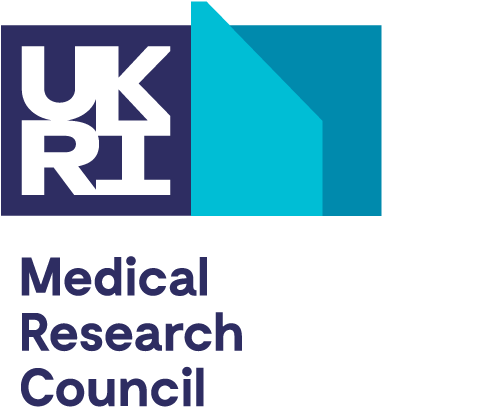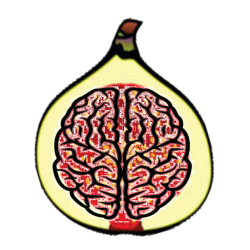
Despite great advances in obstetric and neonatal care, neurological difficulties such as cerebral palsy and epilepsy, and neurodevelopmental disorders such as autism and learning difficulties remain common and largely incurable. It is increasingly recognised that the origins of these problems arise in the perinatal period (during in-utero life and around the time of birth) when the brain is undergoing a rapid process of maturation. This process appears to be highly programmed and even preserved across species, but is susceptible to both internal (genetic) and external (environment including acquired brain injury) factors.
We are an interdisciplinary group based within the Department of Early Life Imaging at King’s College London and St Thomas’ Hospital. Using non-invasive neuroimaging techniques and novel bioengineering solutions (such as MR compatible robotics) we aim to understand activity in the developing human brain and how it contributes to life-long function. We hope that our work will not only help us understand fundamental questions about how the brain functions but more importantly how we can help to treat difficulties should they arise.
We are incredibly grateful to receive funding for our work from:






